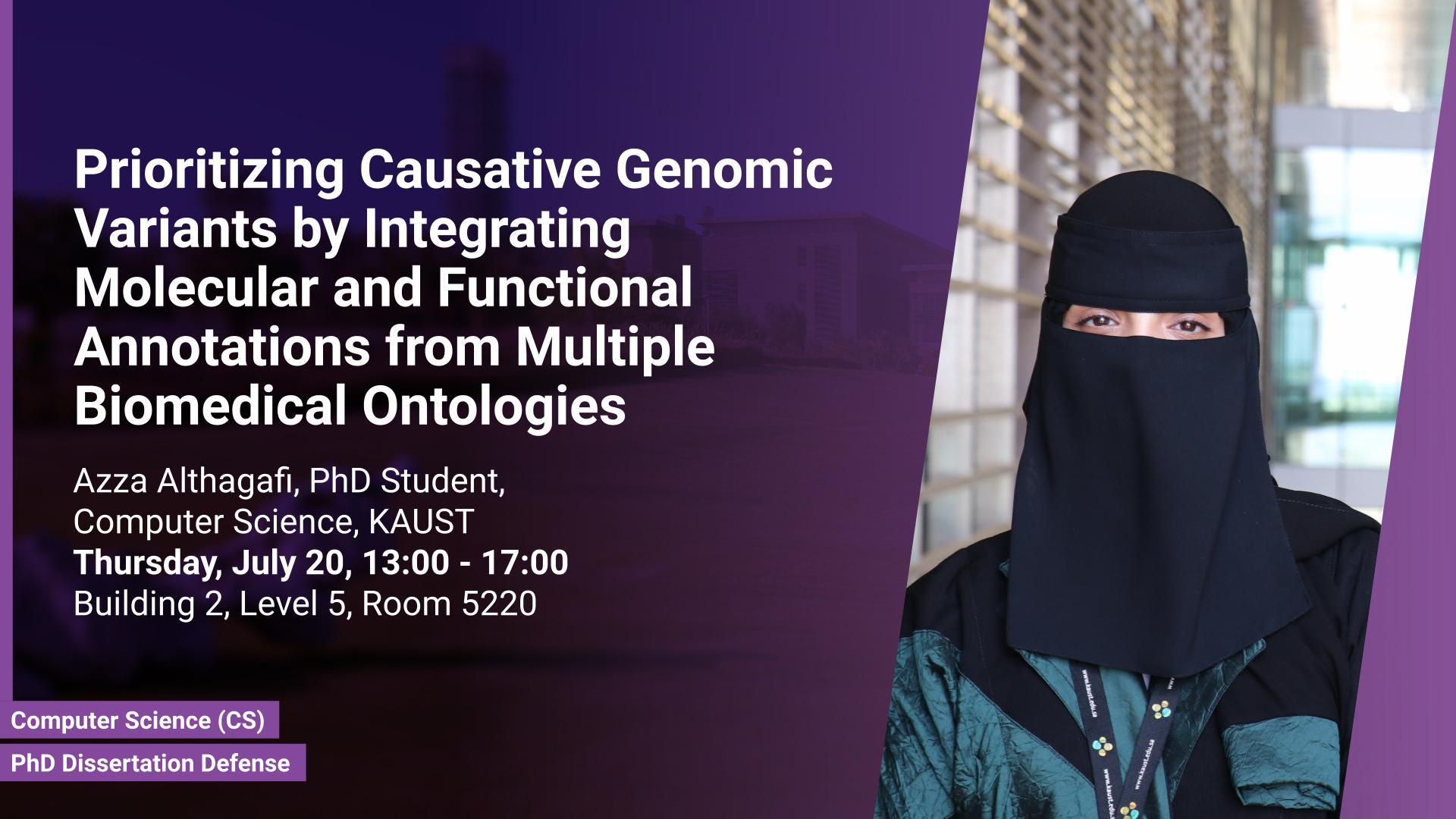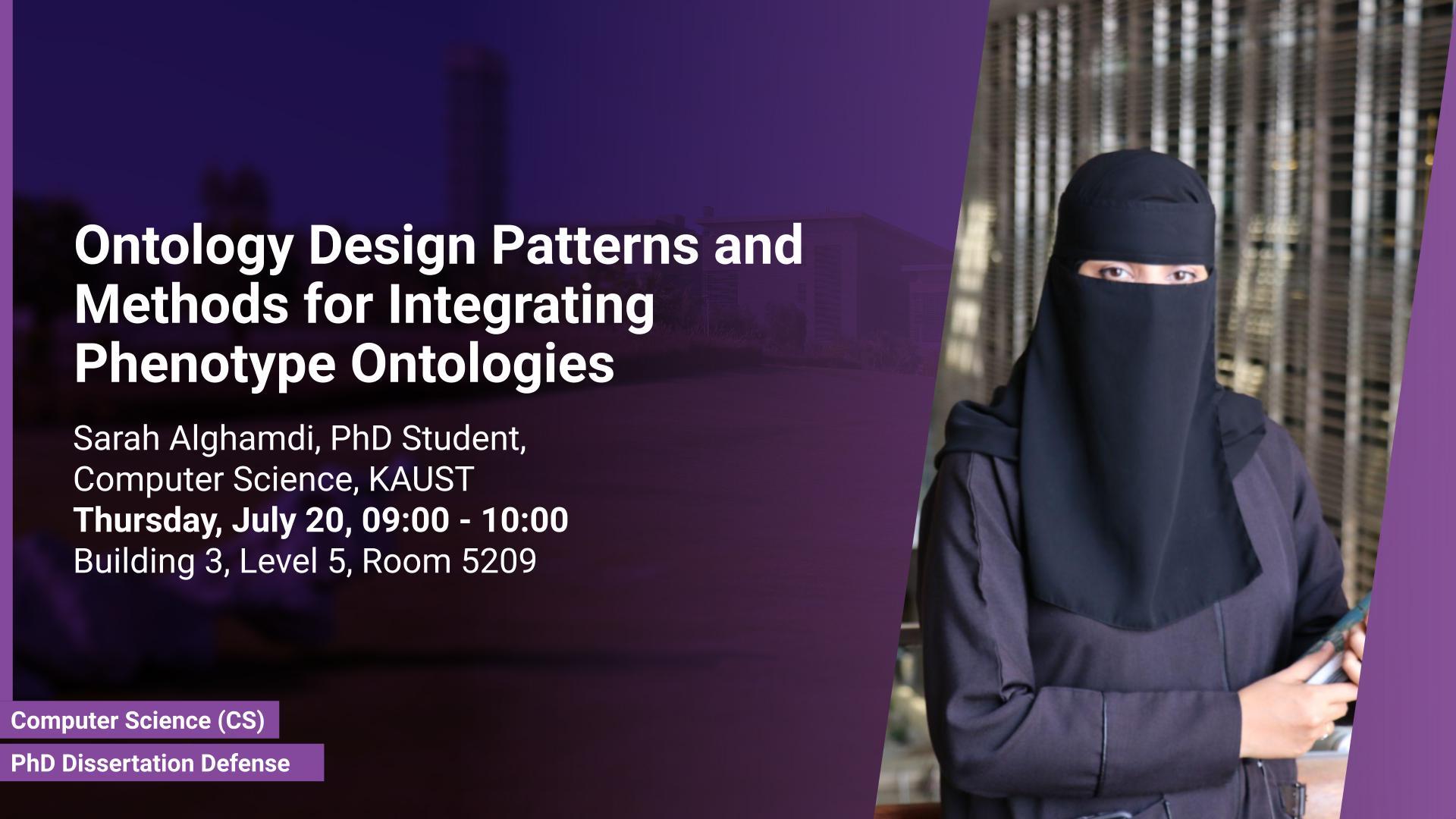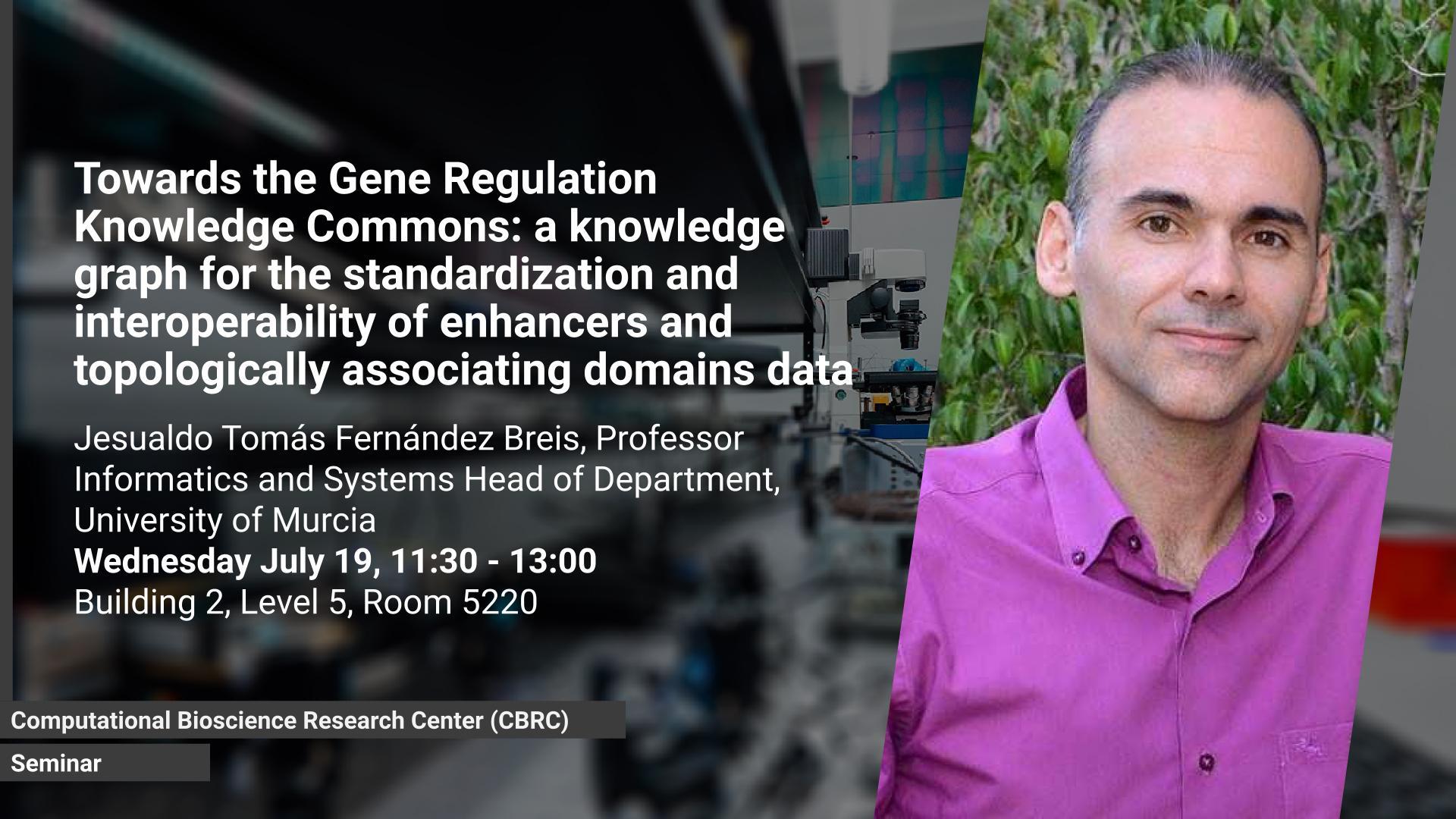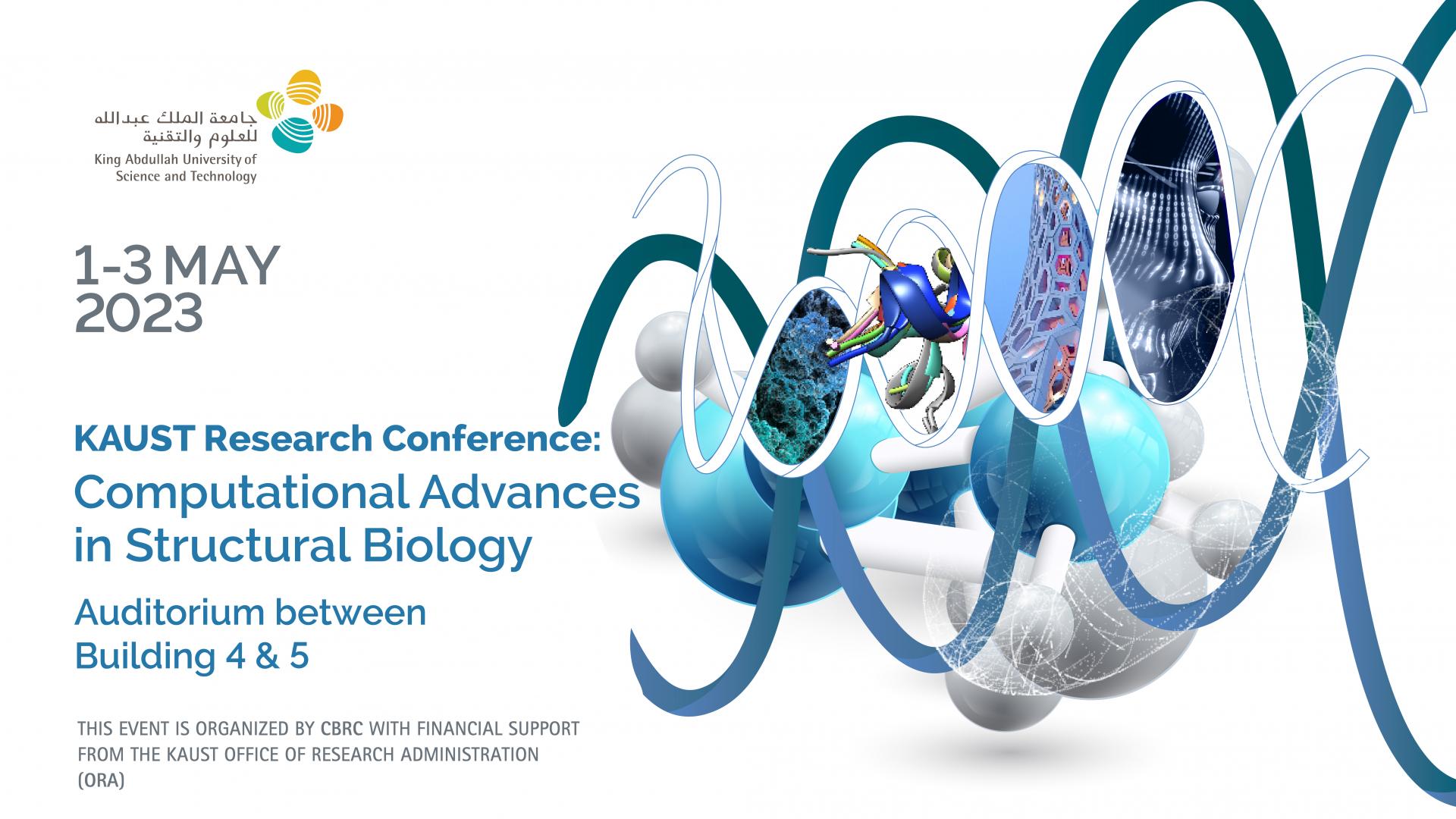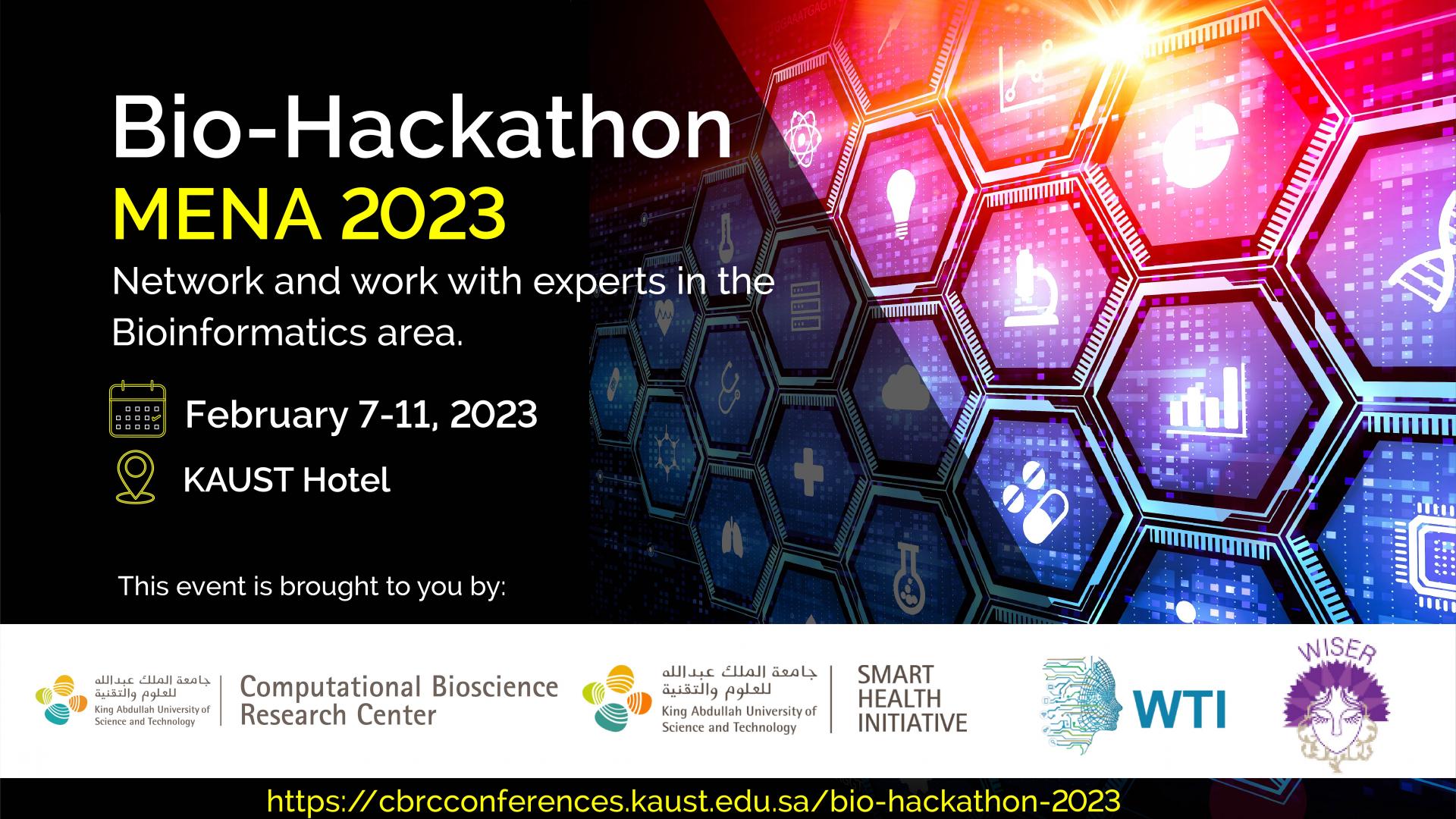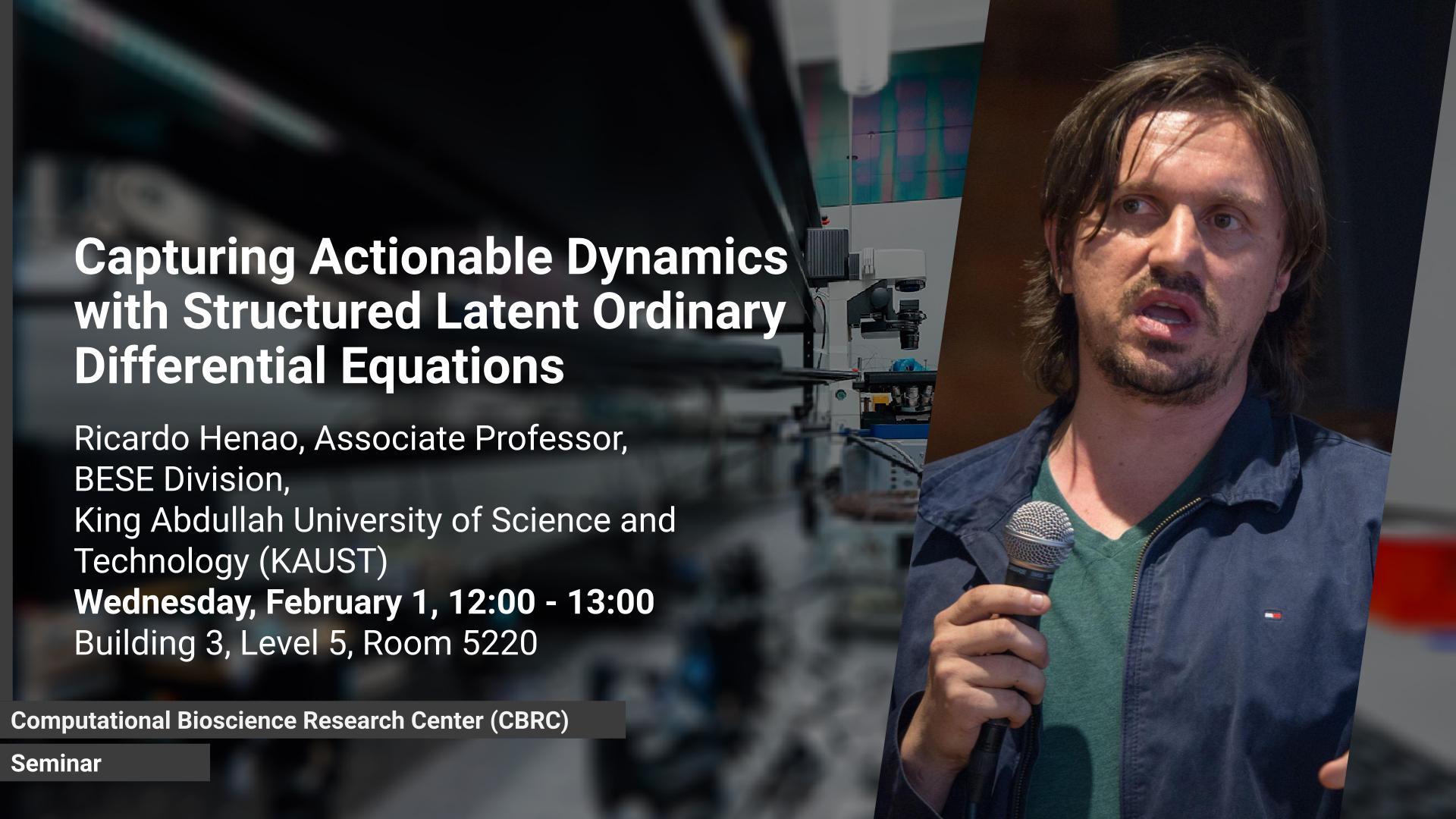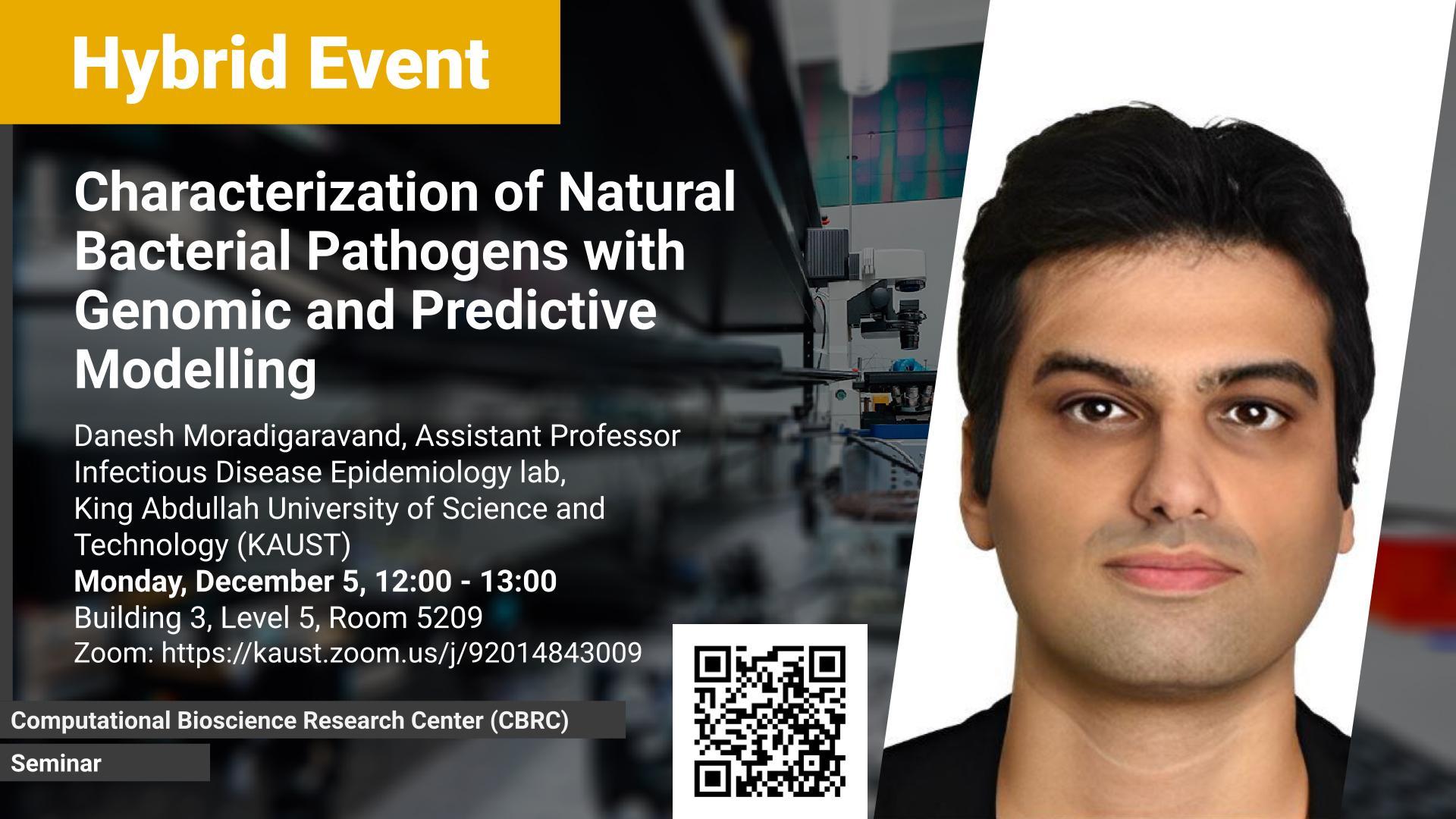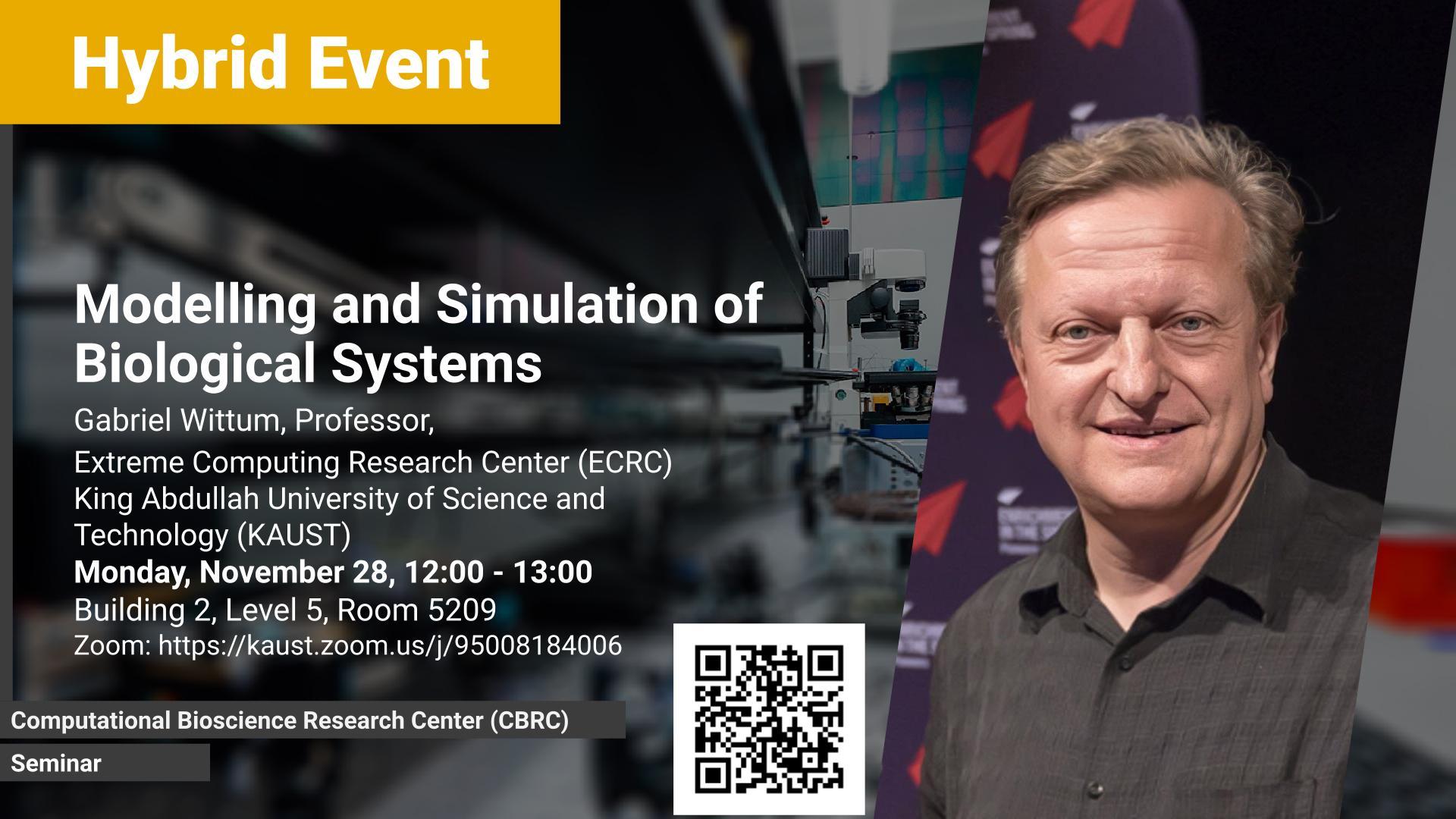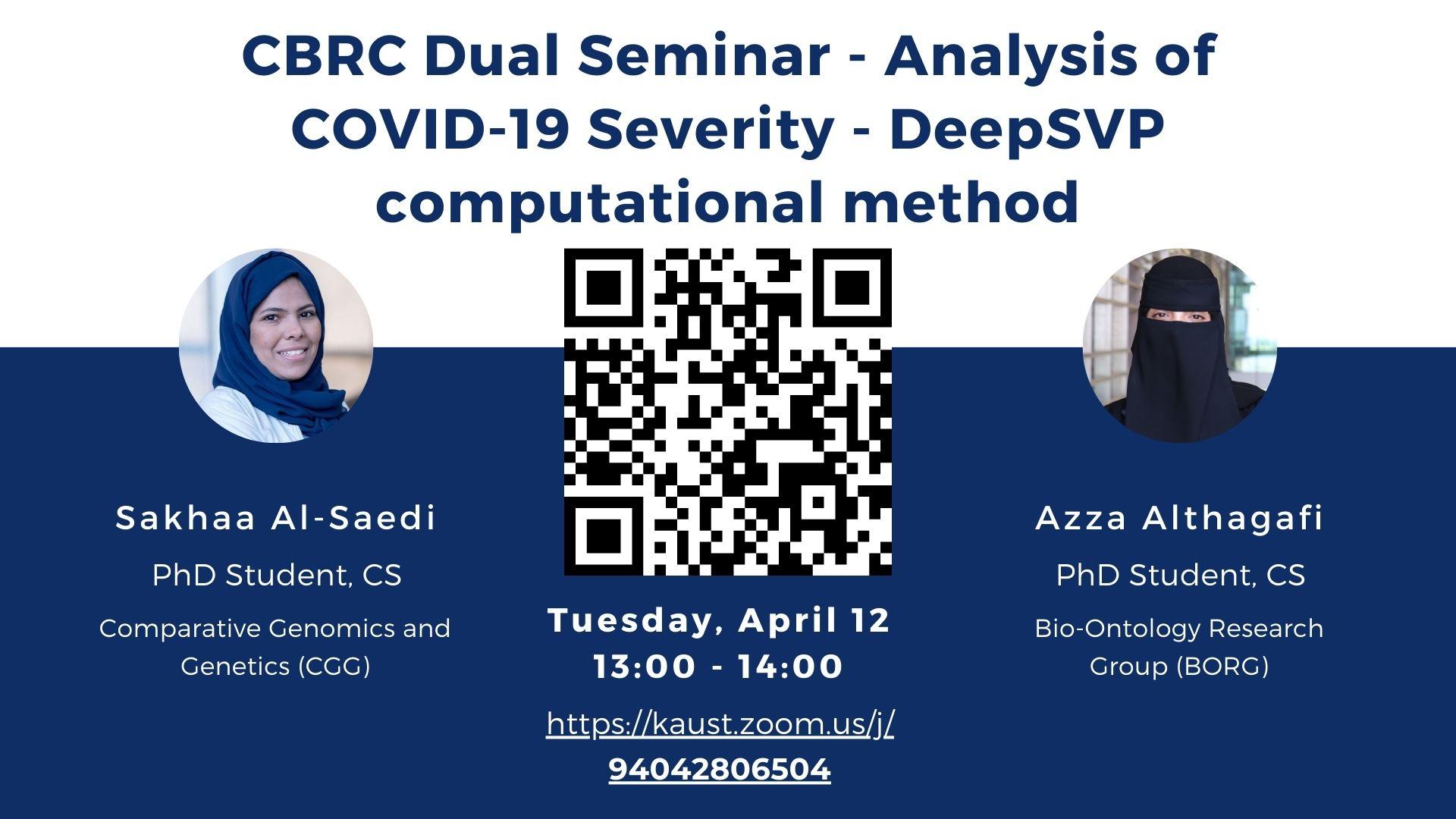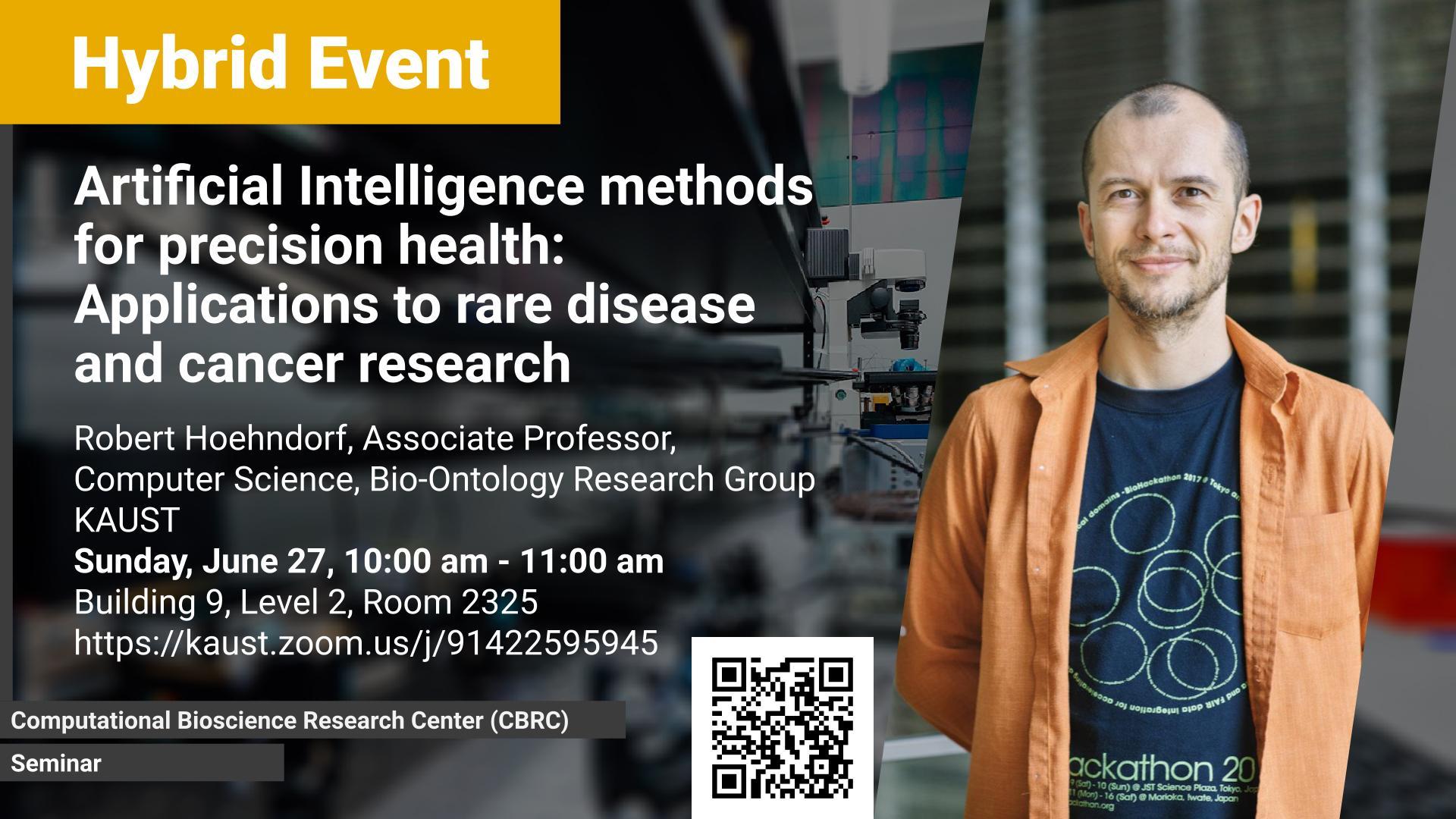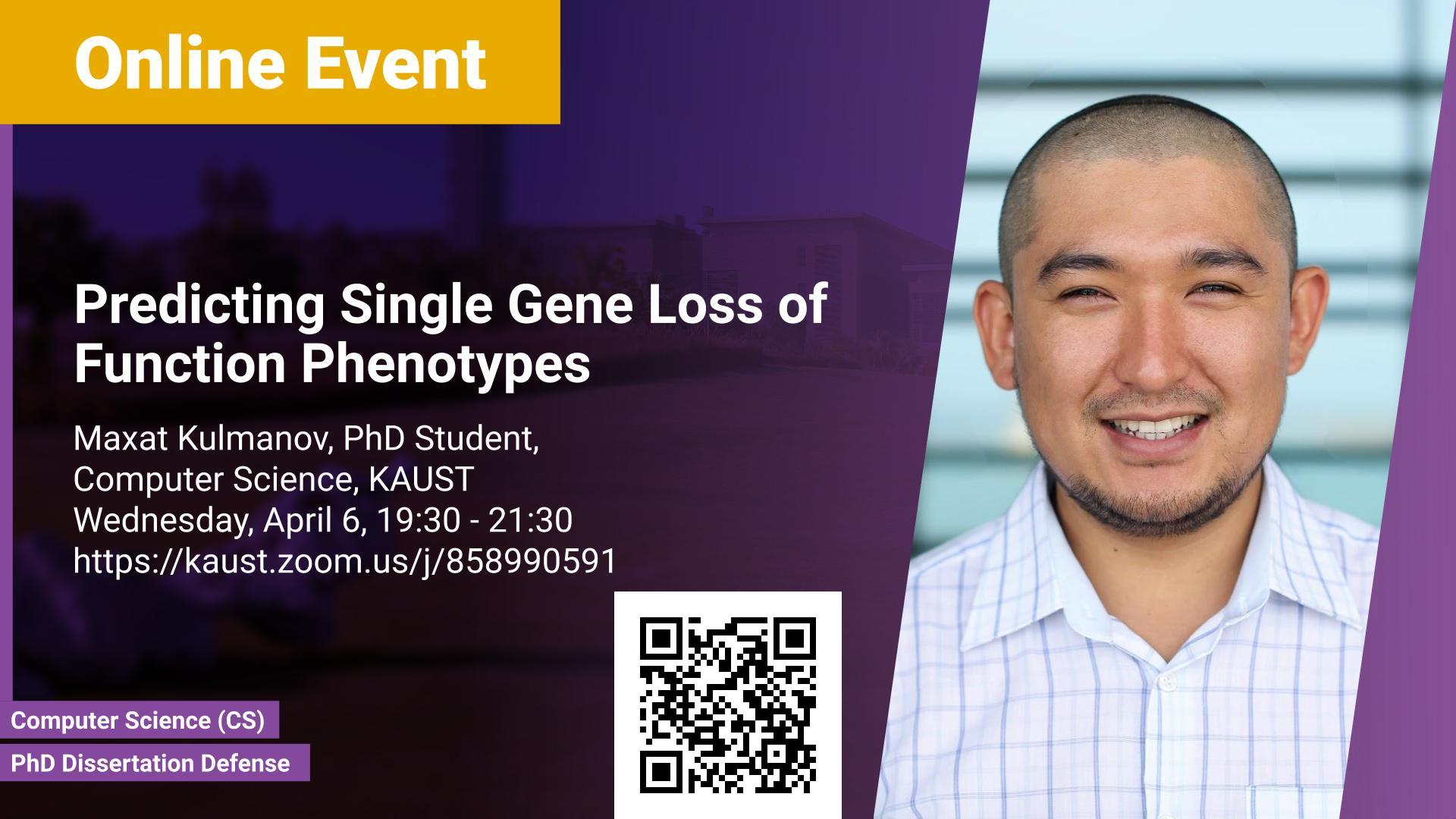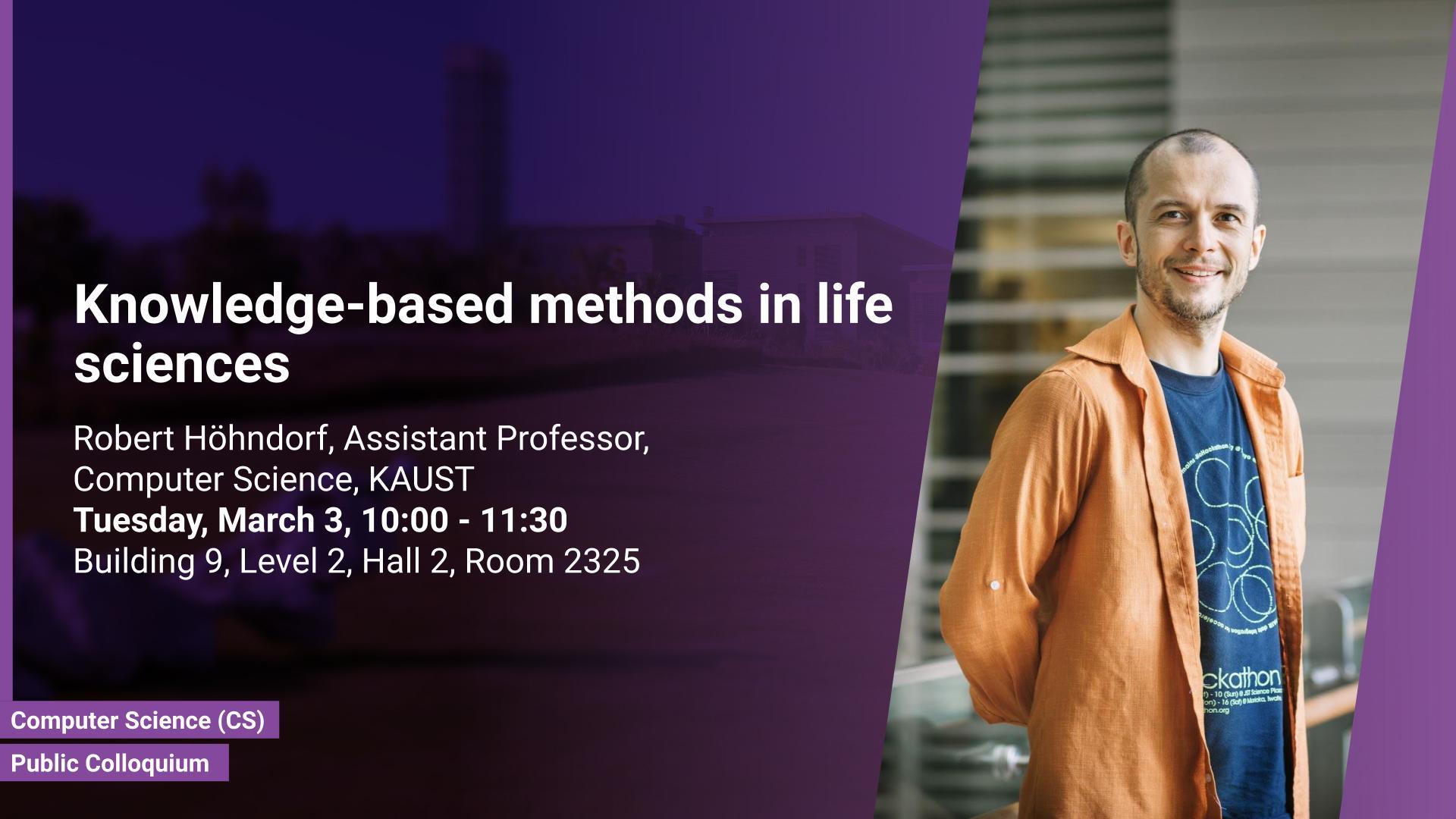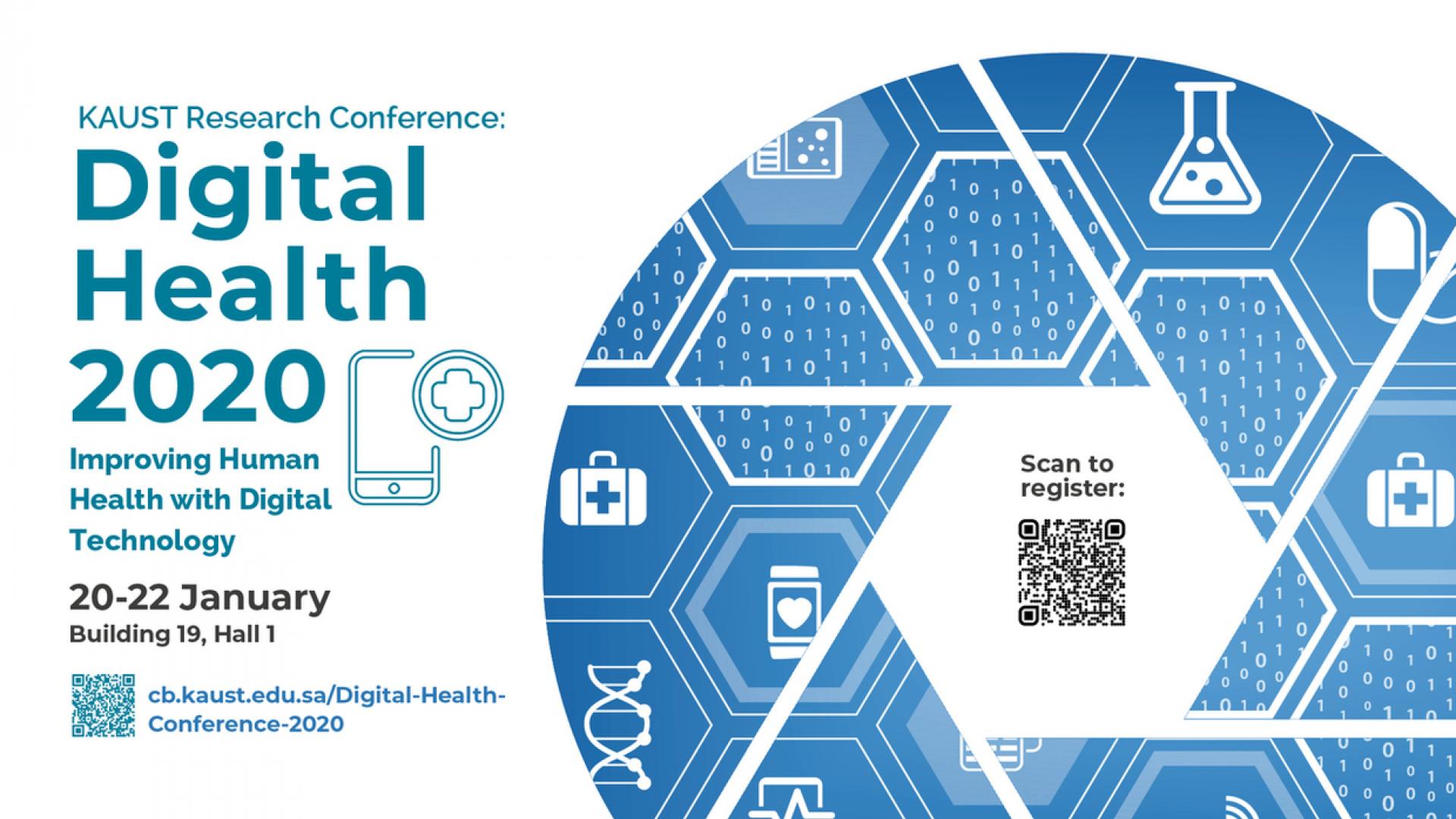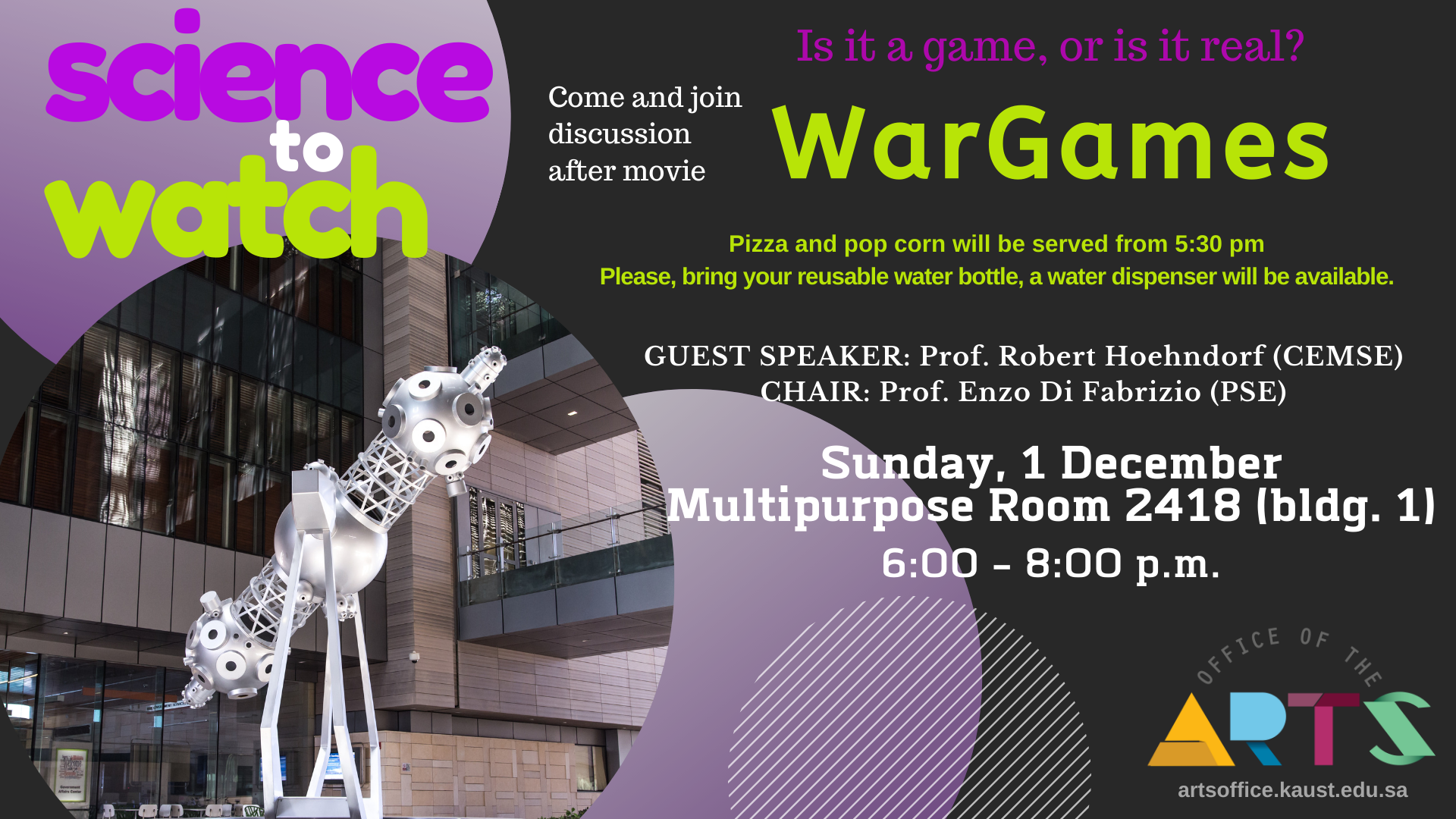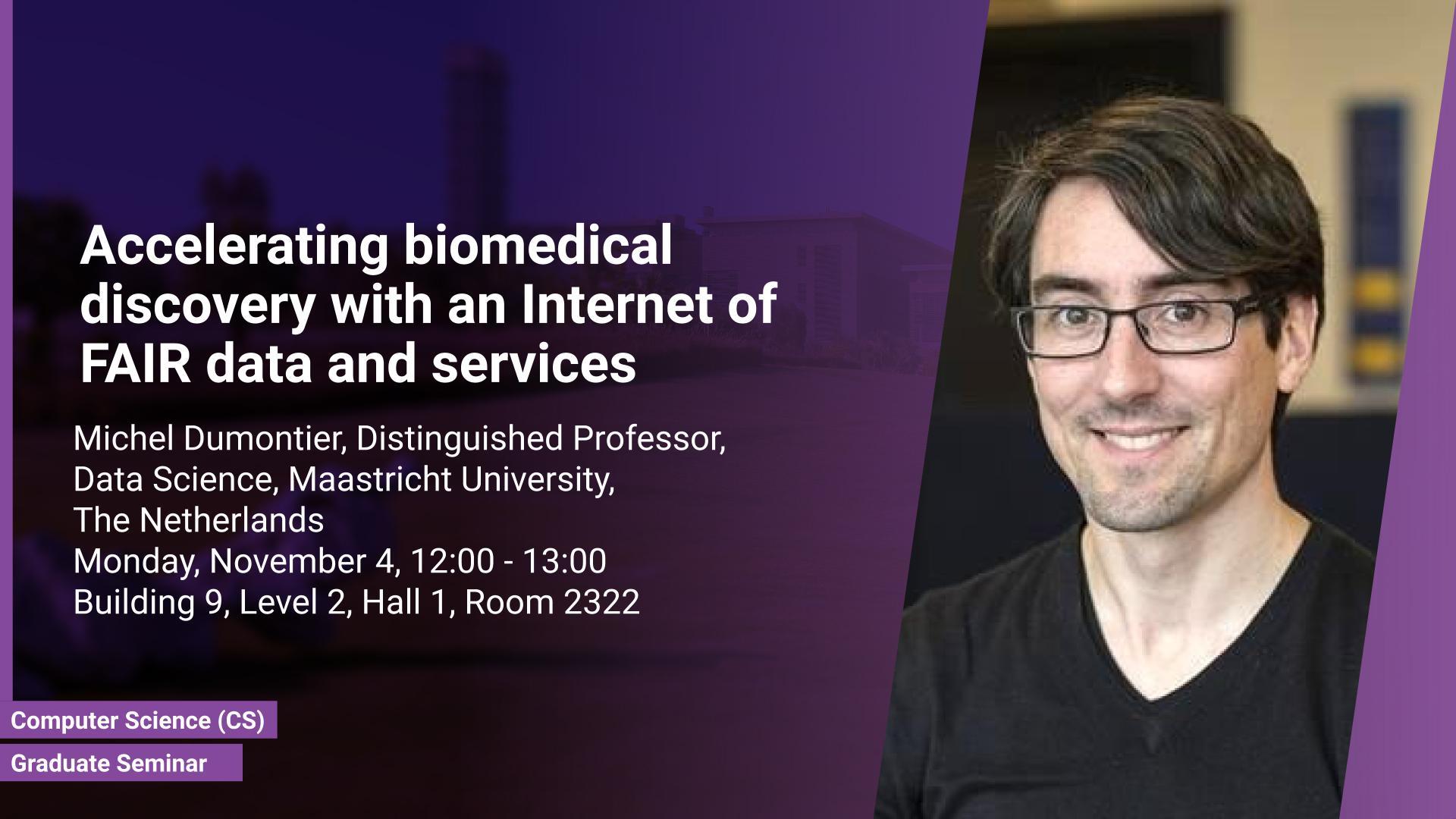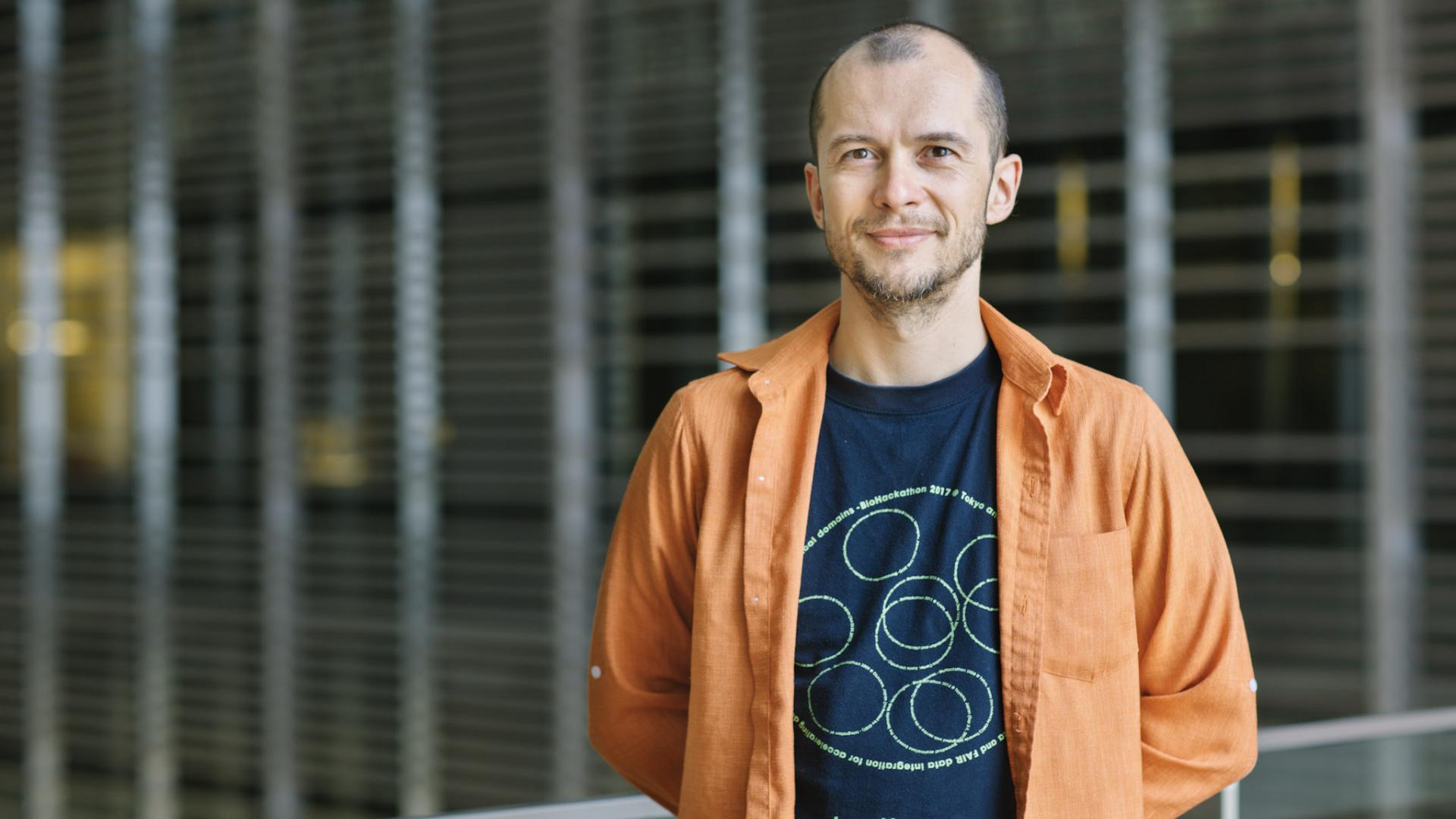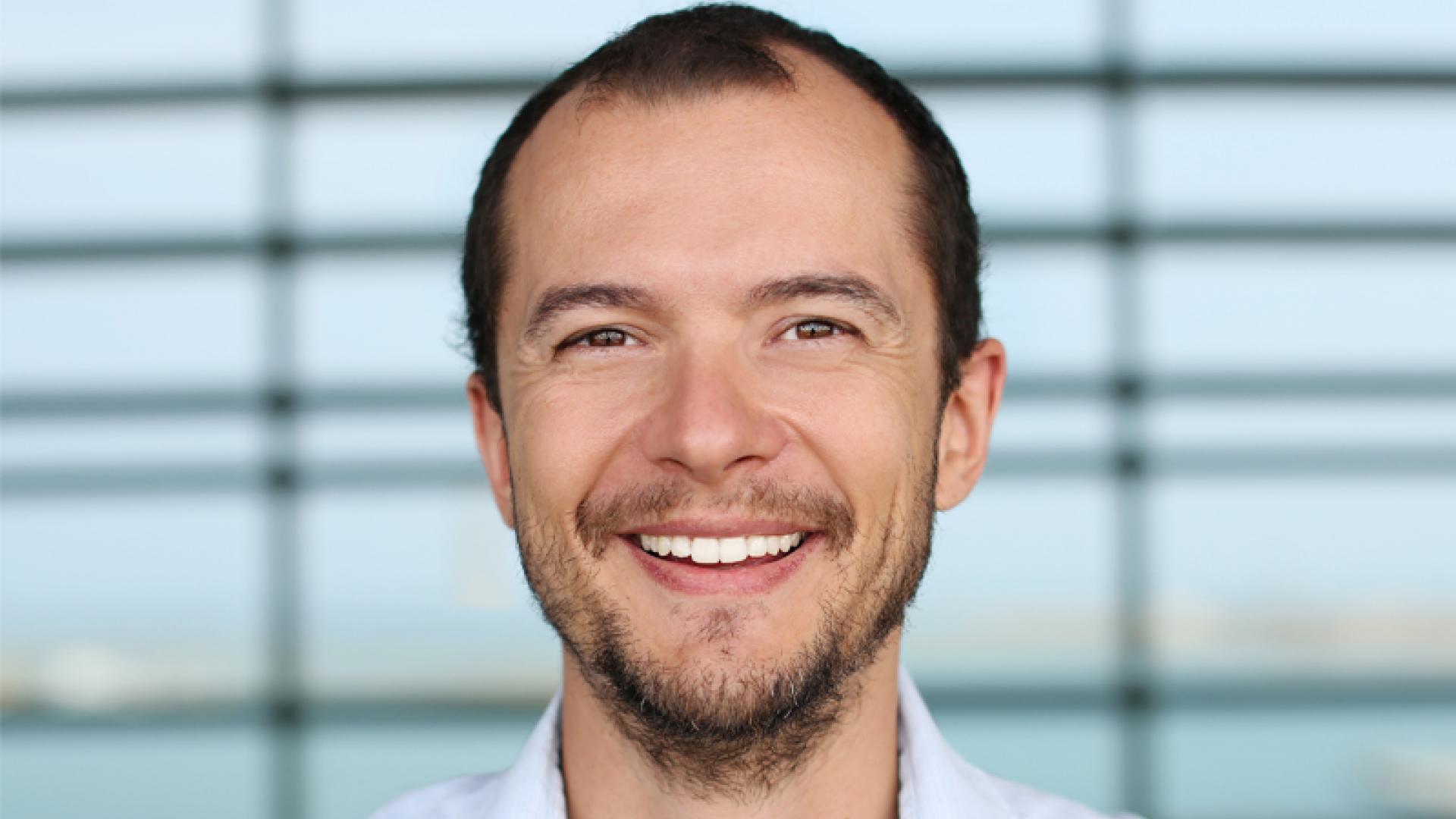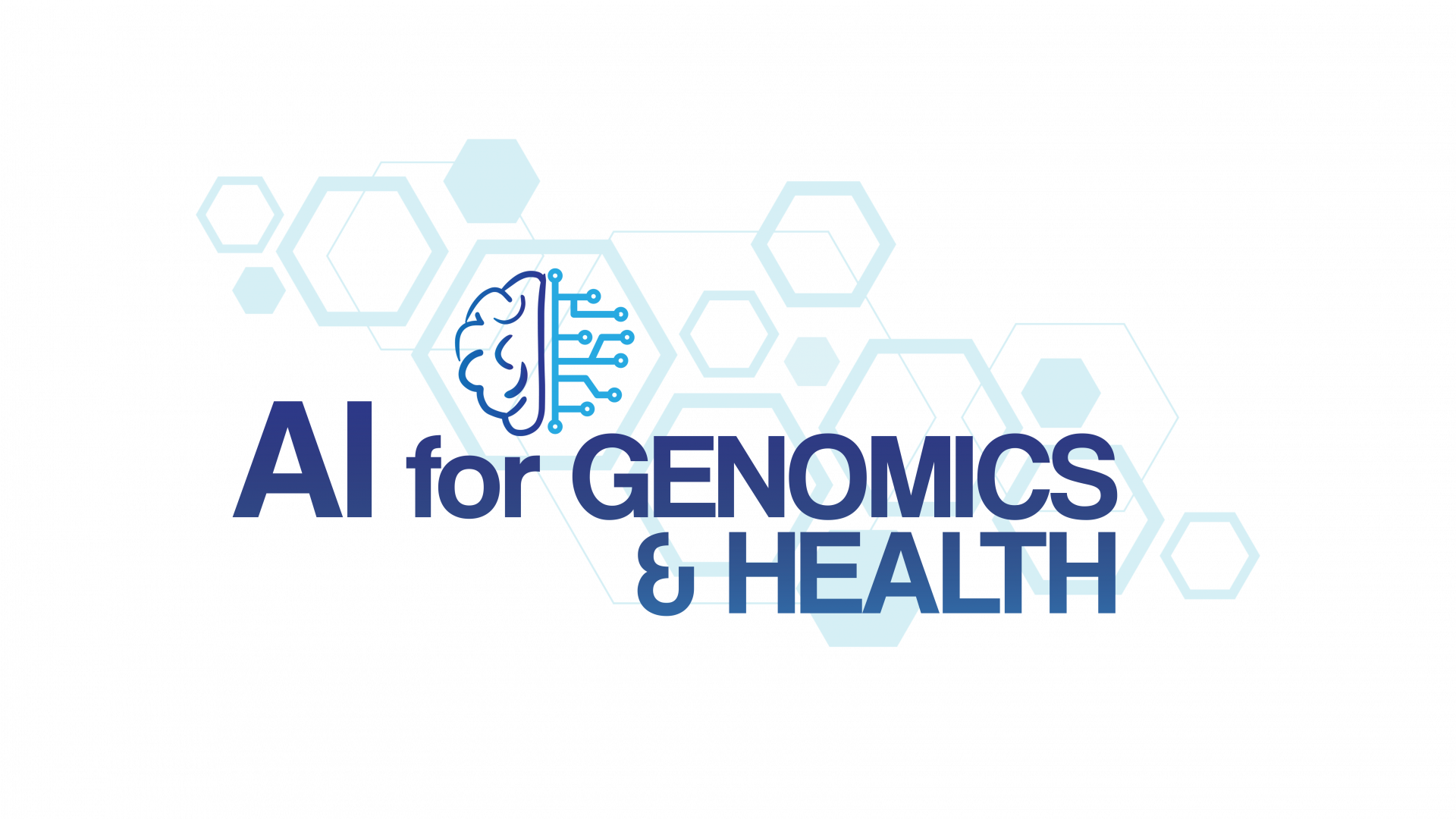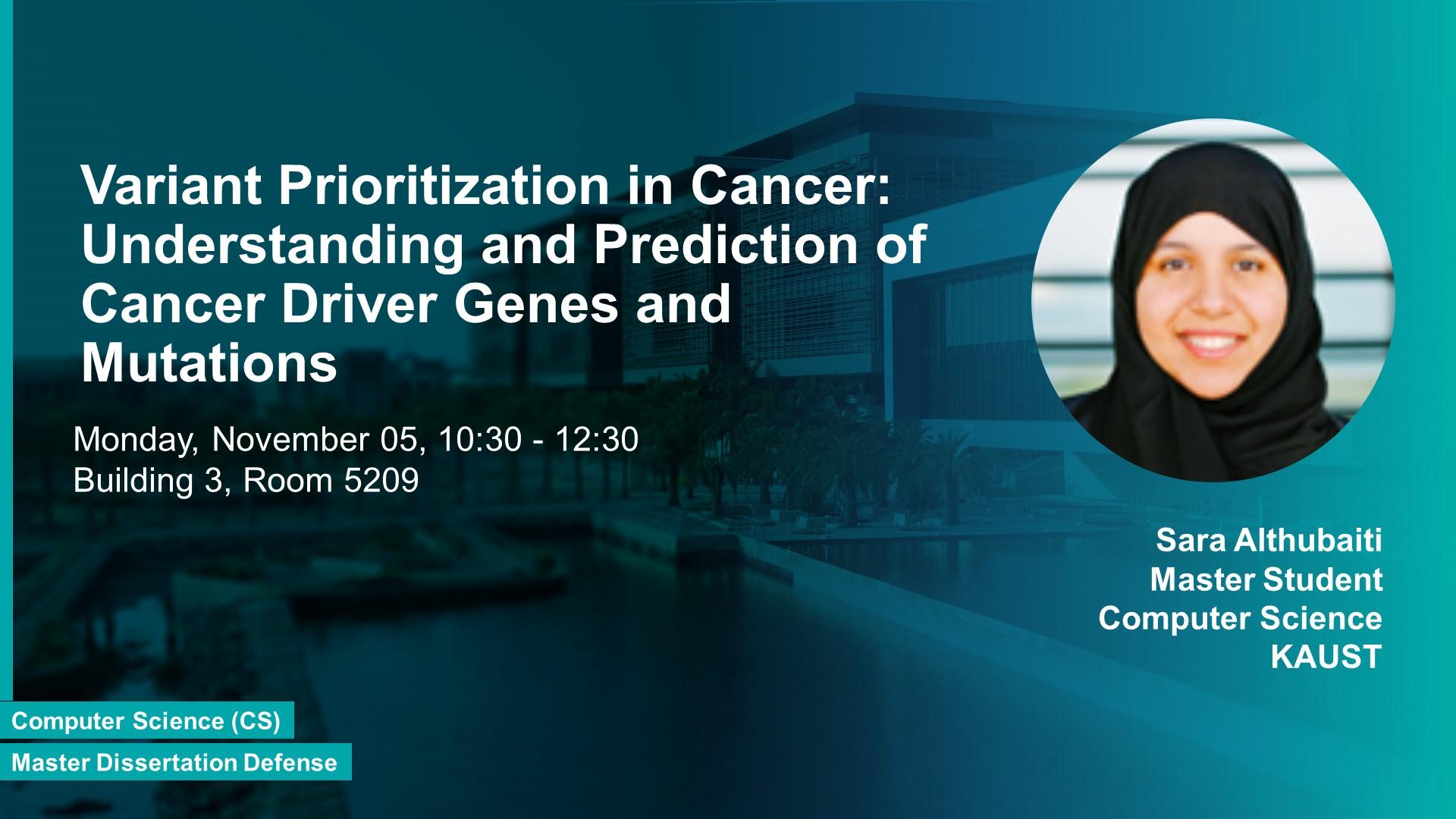PhD Student,
Computer Science
Thursday, July 20, 2023, 13:00
- 17:00
Building 2, Level 5, Room 5220
Contact Person
The dissertation focuses on developing novel computational methods to improve the diagnosis of patients with rare or complex diseases. By systematically relating human phenotypes resulting from gene function loss or change to gene functions and anatomical/cellular locations, the candidate aims to enhance the prediction and prioritization of disease-causing variants. These methods, leveraging graph-based machine learning and biomedical ontologies, demonstrate significant improvements over existing approaches. The presentation will include a systematic evaluation of the methods, demonstrating their ability to compensate for incomplete data and their applications in biomedicine and clinical decision-making. This research contributes to more effective methods for predicting disease-causing variants and advancing precision medicine, offering promising prospects for improved diagnostics and patient care.
